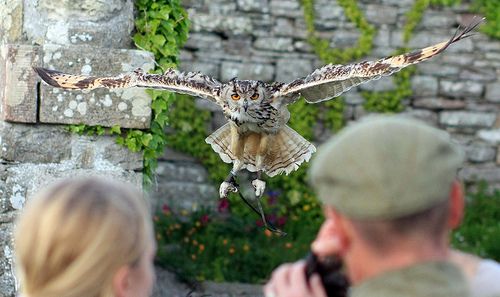Once you begin reading different journals and articles you will begin to notice specific topics that interest you. Your next steps are to begin delving deeper into the topic, programs related to that topic, and what professionals are at the forefront of that topic.
There are four steps necessary to be successful in this effort. Before I get to those, I want to remind you of my own journey—I’ve done it.
When I began volunteering as a whale watch guide and marine naturalist, I met a variety of people and read not only journals, but books and magazines related to the topic. I also found out who the people were working in those fields I was interested in—originally this was marine mammals.
The difference between my efforts and those of others was that I did my homework. At one point, I attended a conference with top marine animal trainers and biologists from around the world. Instead of sight seeing, I hung around the panels and in the lobby of the hotel and soon was adopted into the professional groups.
One of the researchers decided to test everyone with models of the different whales—and wouldn’t you know, the one that stumped everyone was the one I knew—because all I had been doing was studying the different types of whales and their habits. It impressed everyone there.
My point is that I was able to make an impression on those who could help me with my career path. They took me seriously when they understood that I wasn’t one of the many people who “dream of an animal career” but rather one who was really working hard at learning and at making it happen.
So, here are four steps to get you started along the right path:
- Research your topic of interest. Remember, be specific as to what you are interested in doing and the species group that you have a passion or obsession. Have you asked the local librarian for assistance? Have you checked with a career counselor? Have you checked the public library, or the college career library? What is it that you cannot find in the library or in journals that you need to ask about? Is there a specific group or individual that is the best source to contact for more information?
- Research current programming available in your area of interest. Have you been able to find programs related to your interest? Where are they? What are admission requirements? How is their placement? What will it take financially and otherwise to participate? Are there career advisors at those locations that you could contact?
- Research the organizations in your areas of interest. How long have they been around? Do they have a mission statement? What are their goals? Who comprises the membership of the organization? How large is the membership? What do they do? What have they done? Do they have any publications they produce? Do they have regular or annual meetings?
- Research the people in that field. What is their area of interest? Where did they go to school? What work have they done? Are they published? How long have they been in the field? What else have they done? What could they specifically help you with that nobody else could? Are they the right contact person for you or is someone else better?
Once you have asked the above questions and answered them, you are ready to begin contacting some other sources for additional help. I’ll save this topic for another time. If you are interested in an animal career you should be on the animal careers email list!
Photo Credit: Tudor



